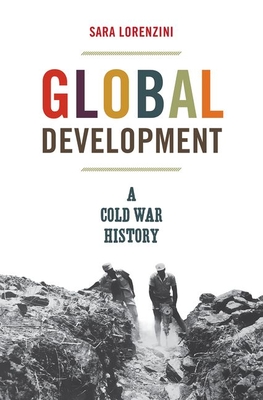Expedite your nonfiction book discovery process with Readara interviews, summaries and recommendations, Broaden your knowledge and gain insights from leading experts and scholars
In-depth, hour-long interviews with notable nonfiction authors, Gain new perspectives and ideas from the writer’s expertise and research, Valuable resource for readers and researchers
Optimize your book discovery process, Four-to eight-page summaries prepared by subject matter experts, Quickly review the book’s central messages and range of content
Books are handpicked covering a wide range of important categories and topics, Selected authors are subject experts, field professionals, or distinguished academics
Our editorial team includes books offering insights, unique views and researched-narratives in categories, Trade shows and book fairs, Book signings and in person author talks,Webinars and online events
Connect with editors and designers,Discover PR & marketing services providers, Source printers and related service providers

Global Development: A Cold War History
History > Modern - 20th Century
- Princeton University Press
- Hardcover
- 9780691180151
- 9.5 X 6.1 X 1.2 inches
- 1.35 pounds
- History > Modern - 20th Century
- (Single Author) Asian American
- English
Readara.com
Book Description
In the Cold War, development was a catchphrase that came to signify progress, modernity, and economic growth. Development aid was closely aligned with the security concerns of the great powers, for whom infrastructure and development projects were ideological tools for conquering hearts and minds around the globe, from Europe and Africa to Asia and Latin America. In this sweeping and incisive book, Sara Lorenzini provides a global history of development, drawing on a wealth of archival evidence to offer a panoramic and multifaceted portrait of a Cold War phenomenon that transformed the modern world.
Taking readers from the aftermath of the Second World War to the tearing down of the Berlin Wall, Lorenzini shows how development projects altered local realities, transnational interactions, and even ideas about development itself. She shines new light on the international organizations behind these projects--examining their strategies and priorities and assessing the actual results on the ground--and she also gives voice to the recipients of development aid. Lorenzini shows how the Cold War shaped the global ambitions of development on both sides of the Iron Curtain, and how international organizations promoted an unrealistically harmonious vision of development that did not reflect local and international differences.
An unparalleled journey into the political, intellectual, and economic history of the twentieth century, this book presents a global perspective on Cold War development, demonstrating how its impacts are still being felt today.
Author Bio
I am an Associate Professor of International History at the School of International Studies of the University of Trento (Italy). I hold an MA in International Politics from the University of Florence (1996), an MSc in Development Studies from the London School of Economics (2000), and a PhD in History of International Relations from the University of Florence (2002).
My research interests include the history and foreign policy of post WW2 Germany, North-South relations, East-South relations, Italian foreign policy after 1945. During my stay at the Weatherhead Center for International Affairs, I plan to work on a book manuscript that deals with the afterthoughts on development during détente, with an original emphasis on the role of European countries, East and West.
The title of my project is Rethinking development in the 1970s: between global challenge, environmental risk and Cold War dynamics.
My latest book, Una strana guerra fredda (A strange kind of Cold War), is forthcoming for Il Mulino, Bologna. Recent publications include: S. Lorenzini (2016), “Ecologia a parole? L’Italia, l’ambientalismo globale e il rapporto ambiente-sviluppo intorno alla conferenza di Stoccolma”, in Contemporanea XIX, n.3, 2016, 395-418; S. Lorenzini (2016), “Ace in the hole or hole in the pocket?
The Italian Mezzogiorno and the story of a troubled transition from development model to development donor.”, Contemporary European History (forthcoming); S. Lorenzini (2014), “Comecon and the South in the years of détente: a study on East–South economic relations”,
European Review of History: Revue europeenne d'histoire, 21:2, 183-199, DOI: 10.1080/13507486.2014.888708.
Source: Harvard University
Videos




Community reviews
No Community reviews

